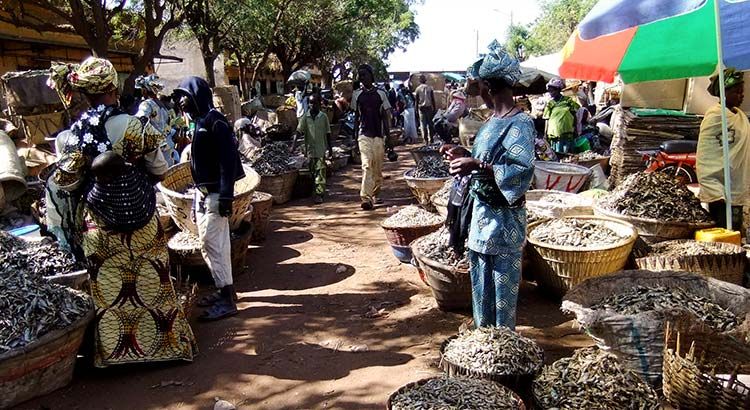
English, Glokale Verflechtungen7. März 2019 | Simone Schnabel
Military cooperation in the Sahel: Much to do to protect civilians
With the emergence of the G5 Sahel cooperation and the creation of a distinct military force – the G5 Sahel Joint Force – military cooperation of the EU in the Sahel has gained new weight. The visit of German Foreign Minister, Heiko Maas, to the region last week together with recent high-level meetings of the G5-Sahel General Secretary, Maman Sambo Sidikou, and Burkina Faso’s President, Roch M. Kaboré, with the German Government highlight this development. The EU, including Germany and…